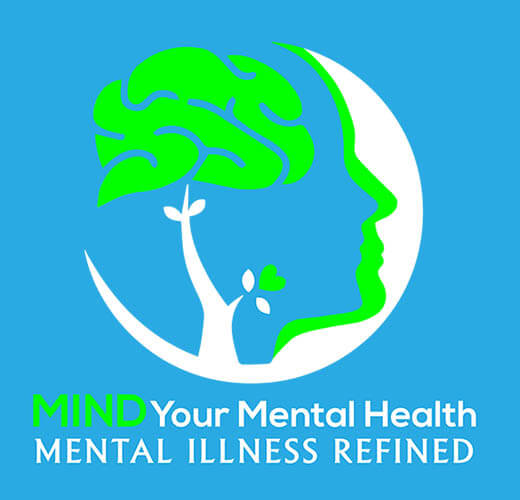Mental illness affects individuals from all walks of life, transcending age, gender, and socioeconomic status. While the journey to mental health may seem daunting, empowerment through education and support has emerged as a beacon of hope, offering transformative tools to those navigating the intricate landscape of mental health challenges. This article explores the profound impact of education and support systems in empowering individuals to not only cope with mental illness but to thrive in their lives.
Understanding the Power of Education:
Education is a powerful tool in breaking down the barriers of misunderstanding and stigma that often shroud mental health issues. When individuals, families, and communities are equipped with accurate information, myths are dispelled, and a foundation of empathy and compassion is built. Educational initiatives that focus on mental health literacy contribute to a more informed and inclusive society, fostering an environment where individuals feel accepted and understood.
- Destigmatizing Mental Health:
- Education dismantles stereotypes and misconceptions surrounding mental illness, challenging the stigma that can hinder individuals from seeking help.
- Workshops, seminars, and awareness campaigns can play a crucial role in normalizing conversations about mental health.
- Promoting Early Intervention:
- Education empowers individuals to recognize early signs and symptoms of mental health issues, promoting timely intervention.
- Schools, workplaces, and communities can implement programs that teach people how to identify and address mental health concerns proactively.
- Fostering a Supportive Culture:
- Creating a culture of understanding through education encourages open dialogue and fosters supportive environments.
- Educational institutions and workplaces can implement policies that prioritize mental well-being and provide resources for those in need.
The Transformative Role of Support Systems:
While education lays the groundwork, support systems form the scaffolding that enables individuals to navigate their mental health journey with resilience and strength. Support can come in various forms, from personal relationships to professional assistance, creating a safety net that empowers individuals to face challenges head-on.
- Building Peer Support Networks:
- Peer support groups provide a sense of belonging and understanding as individuals share their experiences and coping strategies.
- These networks empower individuals to connect, relate, and find strength in unity.
- Professional Guidance and Therapy:
- Mental health professionals offer personalized support and guidance, empowering individuals to develop coping mechanisms and resilience.
- Accessible and affordable mental health services contribute to a society where seeking help is normalized and encouraged.
- Empowering Families:
- Families play a crucial role in the support system, and educating them about mental health fosters a more understanding and empathetic environment.
- Support groups for families of individuals with mental illnesses can provide a platform for sharing experiences and gaining insights.
Conclusion:
Empowerment through education and support is a transformative force in the realm of mental health. By fostering understanding, breaking down stigmas, and creating supportive environments, individuals can embrace their mental health journey with resilience and hope. Initiatives at the community, institutional, and individual levels can collectively contribute to a world where mental health is prioritized, understood, and championed, empowering everyone to live fulfilling and meaningful lives. Through these efforts, we can create a future where individuals facing mental health challenges are not defined by their illnesses but rather by their strength, resilience, and capacity for growth.




